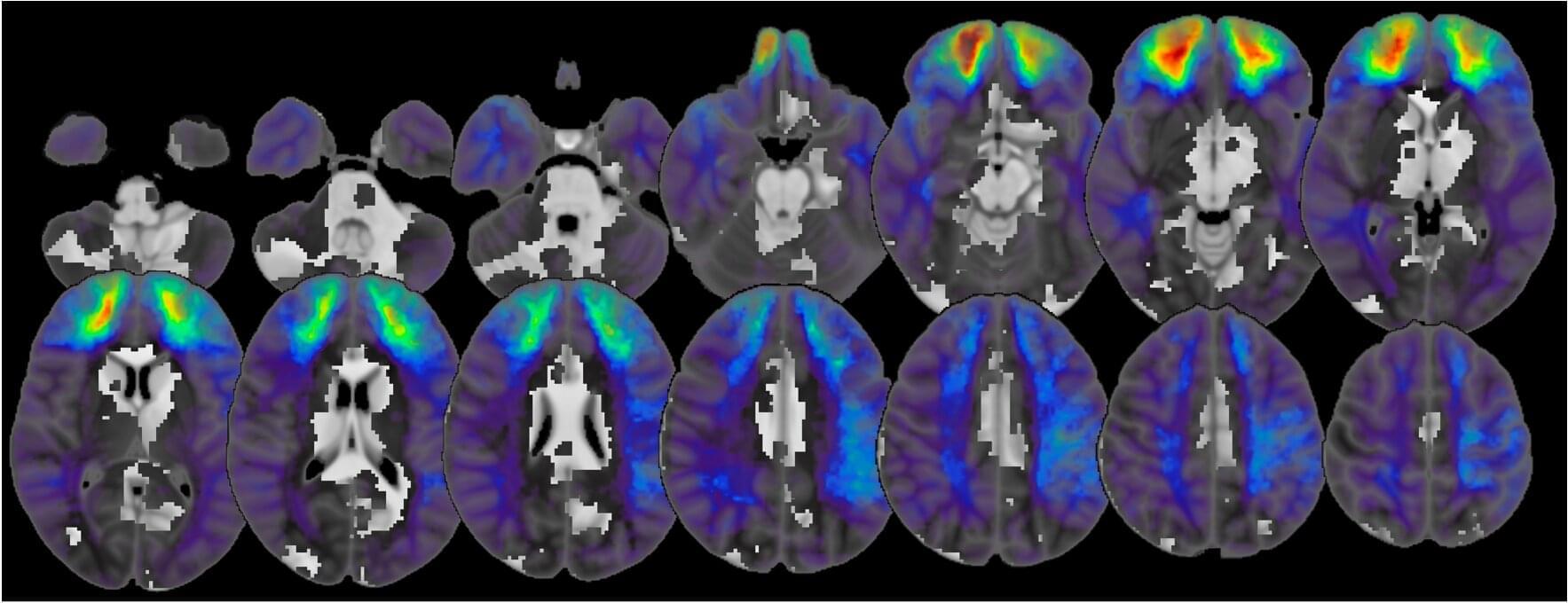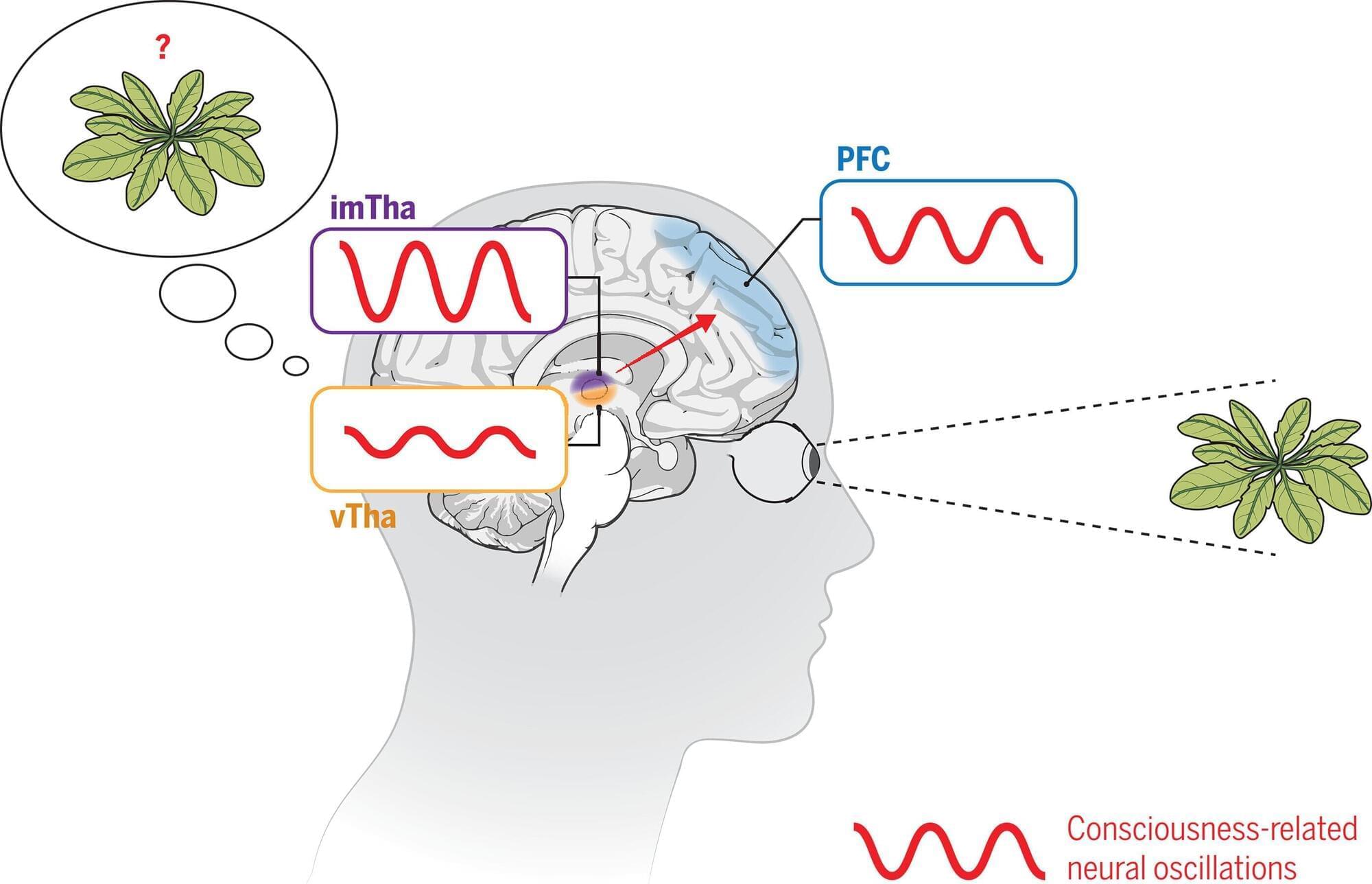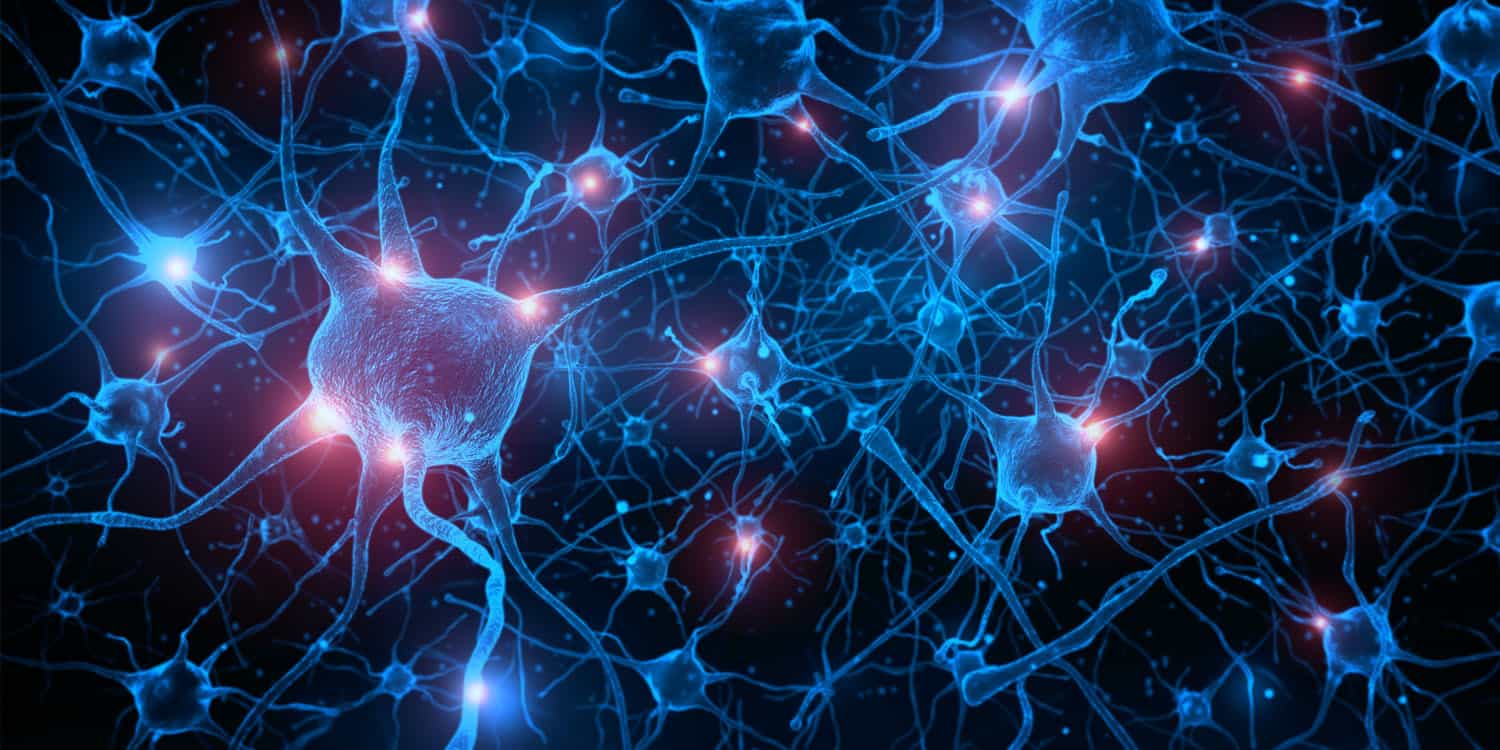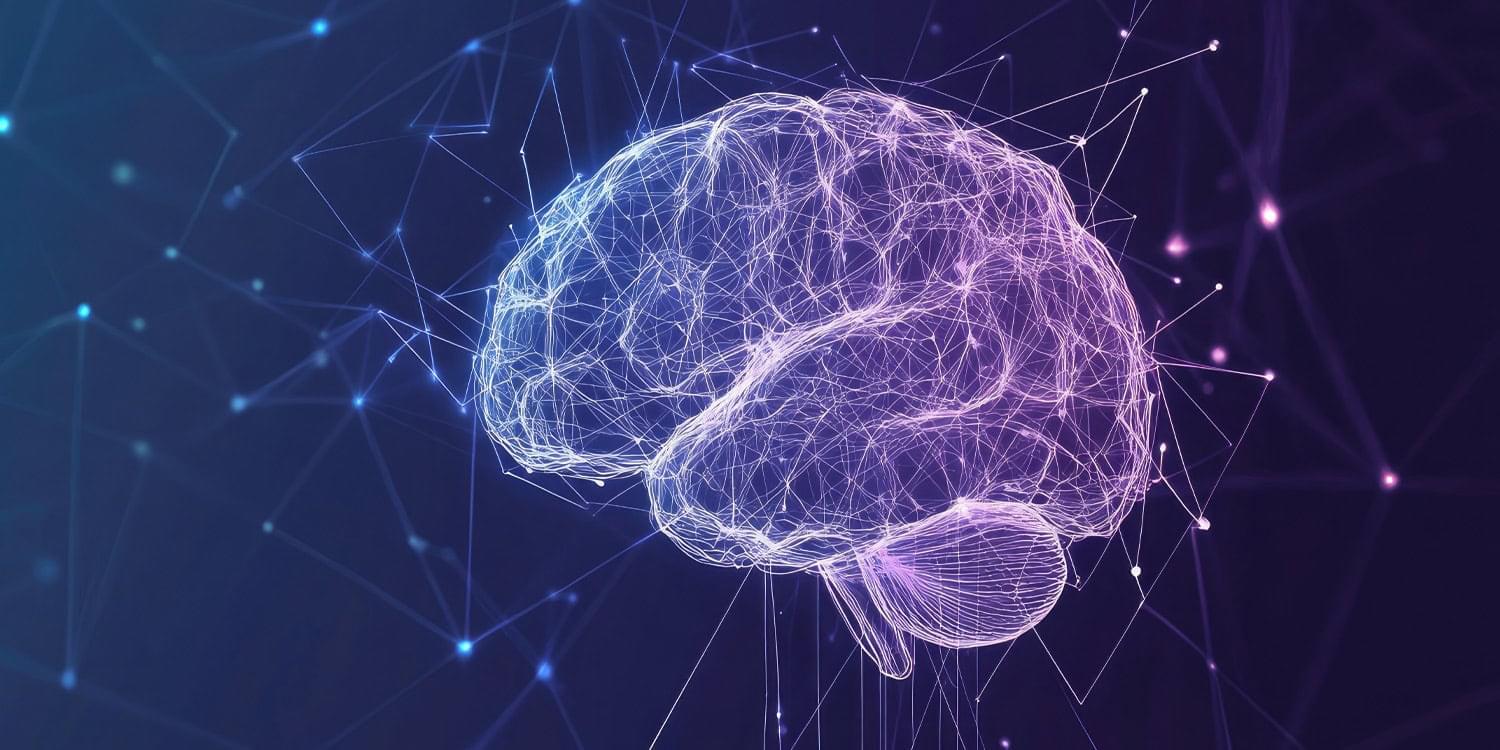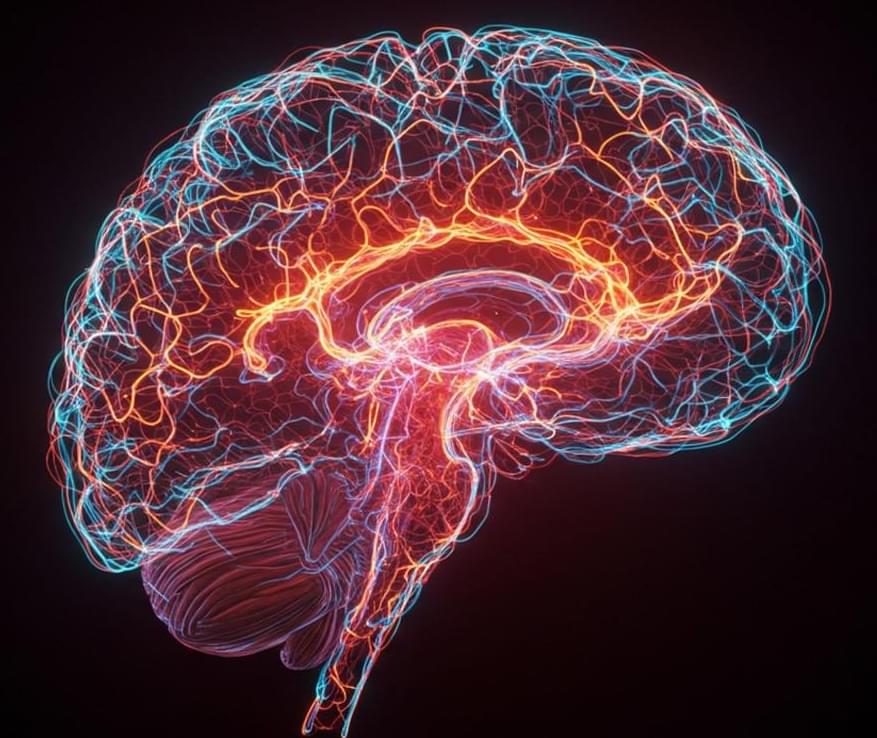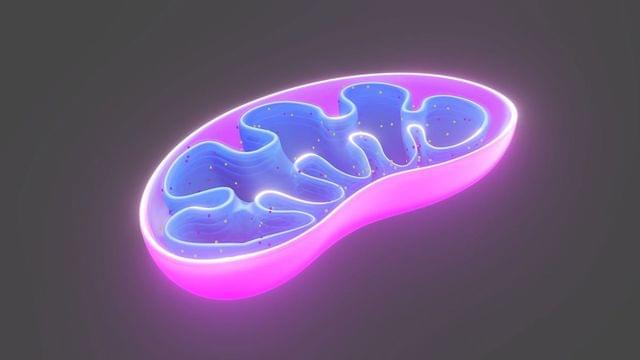Neurons are specialized brain cells responsible for transmitting signals throughout the body. For a long time, scientists believed that once neurons develop from stem cells into a specific subtype, their identity remains fixed, regardless of changes in their surrounding environment.
However, new research from the Braingeneers, a collaborative team of scientists from UC Santa Cruz and UC San Francisco, challenges this long-held belief.
In a study published in iScience, the Braingeneers report that neuronal subtype identity may be more flexible than previously thought. The team used cerebral organoids, 3D models of brain tissue, to investigate how neurons develop and adapt. Their findings offer new insights into how different neuron subtypes influence brain function and may play a role in neurodevelopmental disorders.

